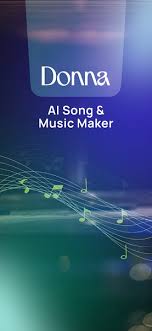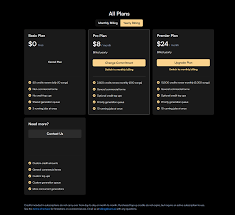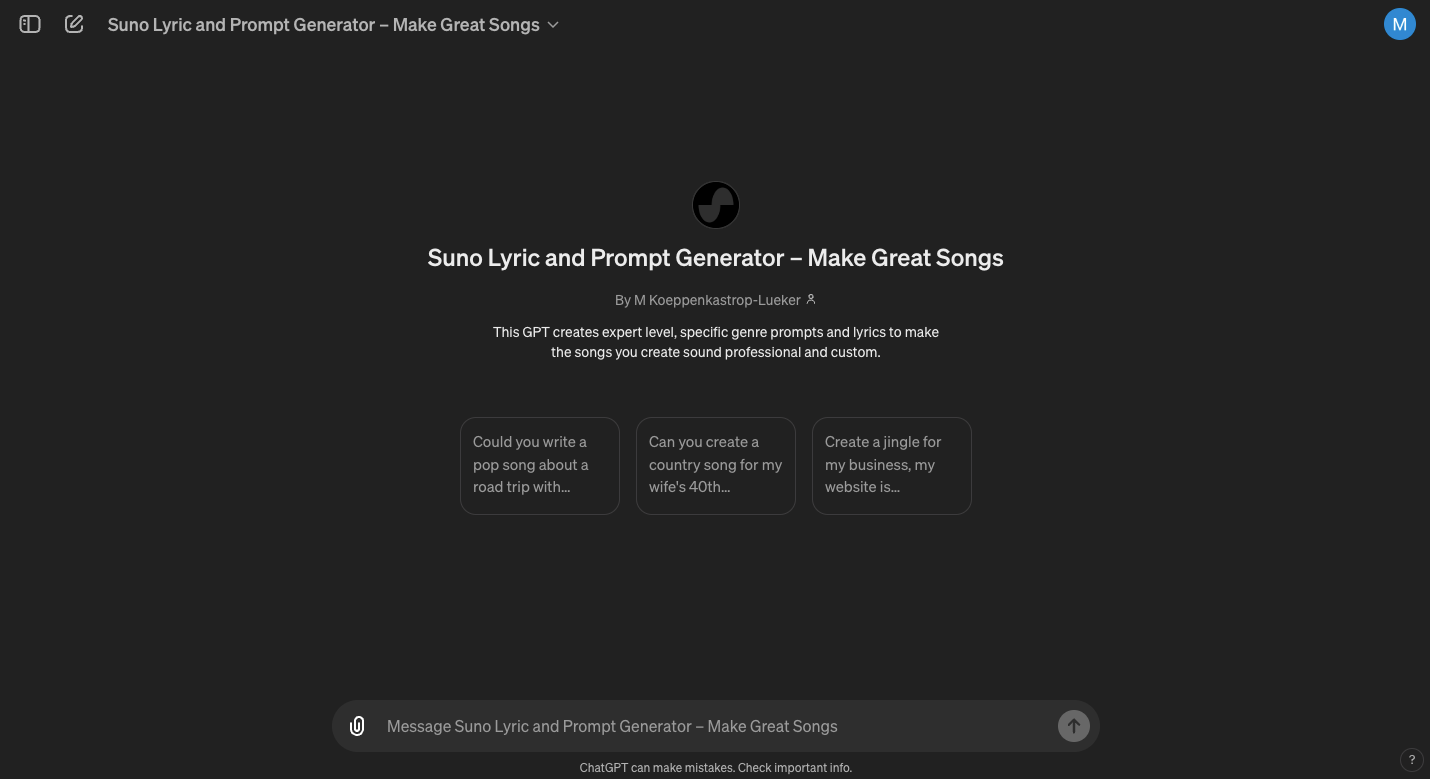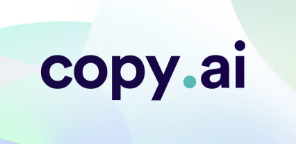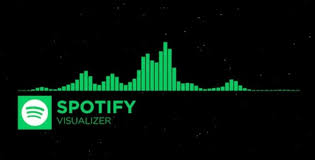Have you ever watched a short film or streaming clip and felt unexpectedly moved—only to discover the soundtrack was created by artificial intelligence? You're not alone. According to a new study, AI soundtracks stir stronger emotions than music composed by humans, challenging long-held assumptions about the role of human creativity in emotional storytelling.
This surprising finding is sparking debate across the music, tech, and creative industries. Can an algorithm truly evoke feelings better than a seasoned composer? Or are our emotional brains simply more responsive to certain sonic cues—regardless of who (or what) made them?
Let’s break down what the research says, how AI soundtracks are changing media production, and what it means for creators and listeners alike.
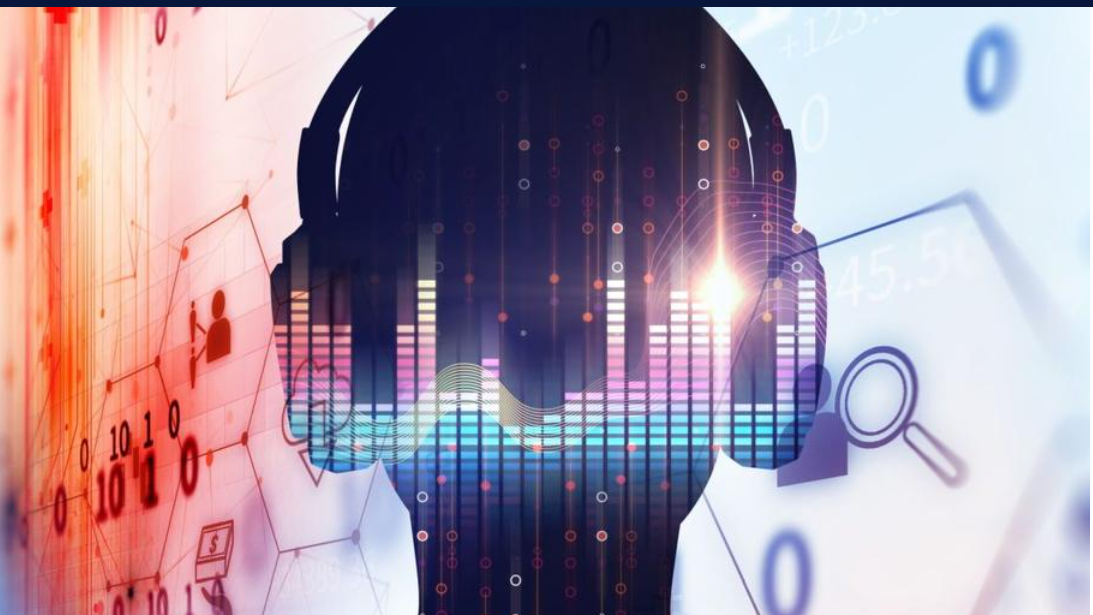
The Study That Changed the Conversation
In a controlled experiment conducted earlier this year, researchers exposed 88 participants to a series of short films. Each clip was shown twice—once with music composed by a human, and once with an AI-generated soundtrack. The soundtracks were stylistically matched to ensure fairness.
Participants were hooked up to biometric sensors that tracked changes in skin conductance (a marker for emotional arousal) and eye movement patterns (linked to cognitive attention). After each viewing, they also self-reported their emotional states.
The results? Over 63% of participants reported feeling more emotionally affected by the AI music than the human-composed version. Biometric data backed this up: skin conductance levels were 23% higher during the AI music sessions, and participants showed longer average gaze durations, indicating deeper engagement.
In short: AI soundtracks stir stronger emotions than music composed by humans, at least in specific storytelling contexts.
Why AI Soundtracks Might Be So Effective
At first glance, this seems counterintuitive. Isn’t music about human feeling, intuition, and personal expression? How could an algorithm outperform a living, breathing artist?
Here are a few possible reasons:
Data-driven emotional targeting: AI models like Google’s Lyria, OpenAI’s Jukebox, and Meta’s MusicGen are trained on massive datasets of music, film scores, and listener reactions. This allows them to identify precisely what chord progressions, rhythms, and instrumentation evoke specific emotions—and apply them with mathematical precision.
Consistency over creativity: Human composers may experiment or take creative risks that don’t always resonate with everyone. AI, on the other hand, can optimize for emotional clarity and avoid ambiguity, which can make its soundtracks feel more directly impactful.
Customization by context: AI-generated music can be dynamically tuned to fit scene pacing, lighting, or dialogue. It adapts to the storytelling moment, often with split-second responsiveness. Tools like AIVA or Soundraw already offer creators the ability to auto-sync music to visual beats, which enhances emotional immersion.
How This Affects the Creative Process
This doesn’t mean composers are obsolete. Far from it. What we’re seeing is a shift in creative roles, where AI tools assist human creators rather than replace them.
Film and video editors on platforms like YouTube and TikTok are already using AI music generators like Loudly or Mubert to instantly score their content. These tools let them specify mood (“tense”, “uplifting”, “mysterious”) and generate royalty-free music in seconds.
In the gaming industry, adaptive soundtracking—where music evolves based on player behavior—is increasingly powered by AI. Games like Hellblade: Senua’s Sacrifice have begun incorporating real-time music changes to reflect a player’s emotional arc.
For artists, this can be freeing. Instead of spending hours composing a backing track, they can use AI for the foundational layer, then build upon it with personal flair.
Real-World Platforms Using AI Music Emotionally
AI is no longer behind the scenes—it’s center stage in media production. Here are a few platforms and companies actively applying AI music for emotional storytelling:
YouTube Dream Track (still in testing): Uses AI to generate 30-second songs for Shorts based on mood prompts. Early tests show viewers spend more time watching Shorts with AI music.
Boomy: Lets users create full songs in under a minute, often used by indie content creators and podcasters to match narrative tone.
Endel: Generates personalized AI soundscapes to enhance focus, relaxation, or sleep, based on biometric input from Apple Watch or Oura Ring.
Mubert: Offers streaming platforms and brands dynamic music that adjusts to tempo, style, or energy levels, with seamless transitions.
These tools don’t just serve utility—they’re designed to intensify emotional impact.
Emotional Authenticity vs. Emotional Efficiency
One major concern is whether AI’s emotional power is authentic or manufactured. Critics argue that while AI soundtracks stir stronger emotions than music composed by humans, those emotions may feel hollow or manipulative.
Is it the same as being moved by a live cello performance, where the player’s vibrato reflects genuine feeling? Maybe not. But AI isn’t trying to replace that experience—it’s offering an alternative that fits today’s digital-first, fast-paced content world.
And audiences are responding. A 2024 Nielsen study found that 48% of viewers couldn't tell whether a song in a commercial was AI- or human-made, yet 67% said it “fit the mood perfectly.”
What It Means for the Future of Music and Emotion
This isn’t a zero-sum game. The future likely holds a hybrid model, where composers and AI tools collaborate to craft emotionally resonant soundtracks.
Think of AI as the assistant—doing the heavy lifting of scoring, structuring, and mood-matching—while human artists infuse personal taste, cultural nuance, and artistic risk.
In education, therapy, gaming, advertising, and even personal journaling, emotionally intelligent AI music will play a growing role. What matters is how we use it responsibly and creatively.
Frequently Asked Questions: AI Soundtracks and Emotional Impact
Q1: Can AI really compose music that makes people cry or feel joy?
Yes. Studies show that AI can target emotional triggers like key shifts, tempo changes, and harmonic tension to elicit real physiological responses.
Q2: Are people aware when they’re listening to AI-generated music?
Often not. In tests, many participants couldn’t distinguish AI compositions from human ones—especially in background scores or ambient music.
Q3: Does AI steal from human composers?
Modern AI music models are trained on licensed data or synthetically generated patterns. Tools like Jukebox and MusicGen generate original compositions, though ethical concerns persist.
Q4: Will composers lose their jobs to AI?
Not necessarily. Many are already integrating AI into their workflow to save time and enhance creativity. AI is becoming a tool, not a replacement.
Q5: Which tools help creators access emotional AI music?
Popular tools include AIVA, Soundraw, Mubert, Endel, and Boomy—all designed to generate music that fits emotional contexts quickly and affordably.
Conclusion
The idea that AI soundtracks stir stronger emotions than music composed by humans may seem controversial, but the data is hard to ignore. As AI music tools continue to evolve, they’re not just getting better at mimicking emotion—they’re getting better at generating it.
That doesn’t diminish the value of human artistry. Instead, it expands our toolkit. In the hands of thoughtful creators, AI-generated music has the power to amplify emotion, reach new audiences, and reshape how we connect through sound.
Learn more about AI MUSIC


